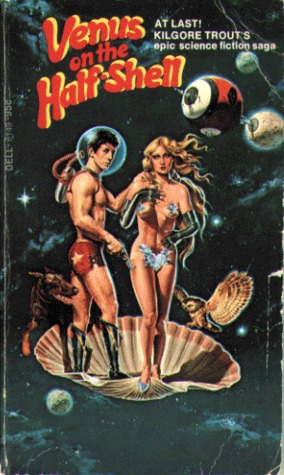I was, therefore, delighted to be introduced to a booklet in a series called Connell Guides, which offers many interesting insights into how the poem works and how Milton's life and beliefs are reflected in the subject matter, style and tone. Unlike the undoubtedly useful but somewhat brash tourist guides that are the standard revision guides to Great Works of Literature, my Connell is a chic, urbane, well-dressed and highly articulate escort - more like being conducted around an unfamiliar city by a bi-lingual native as opposed to a slightly inebriated package holiday courier.
Caroline Moore is that person in this case, viewing the poem from a number of perspectives, posed as fundamental questions, many of which are archetypal responses to the poem, e.g.
- Is Milton’s handling of Satan flawed?
- What makes Eve finally choose wrong?
- Is Eve inferior to Adam?
- Why have so many critics misread Paradise Lost?
- How does Paradise Lost fit into the tradition of epic poetry?
Moore's responses are intelligent, perceptive and full of excellent close reading, often teasing out nuances of word or phrase which demonstrate the subtlety and wit of Milton's writing. Moore expertly defuses much of the bafflement and inhibition that can surround a work like, this, the structure and scope of which are so unfamiliar to modern sensibilities. Accompanying the main text are shaded sections offering information on, among other aspects, the historical, literary and personal background to the poem, and the package is further graced by a number of very well-reproduced paintings, engravings and drawings related to this inexhaustibly inspiring story. Your Connell also comes equipped with further reading and author chronology, as standard.
If, like that slightly younger version of me, you have yet to clamber into Milton's Garden, get thee to a copy immediately, and then buy the Connell's guide.

